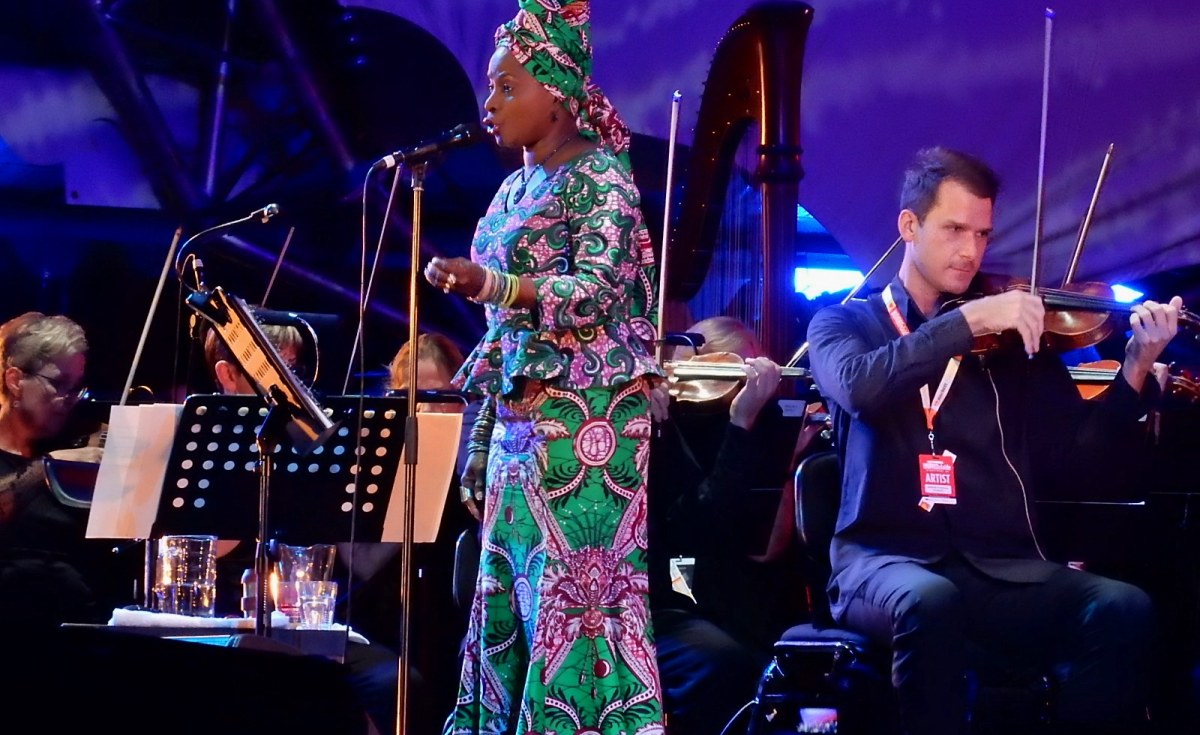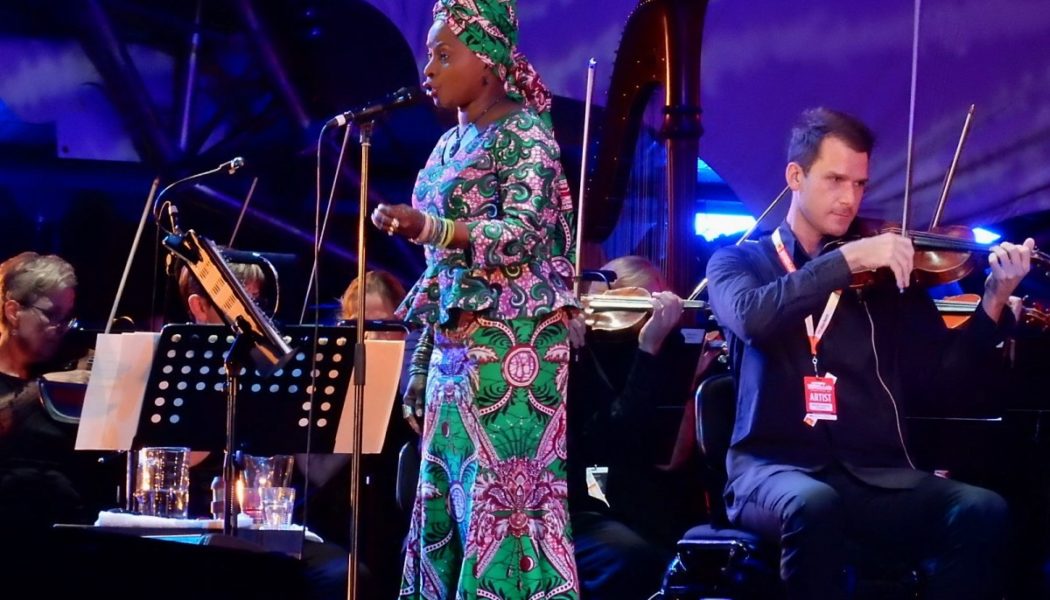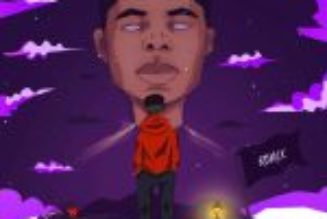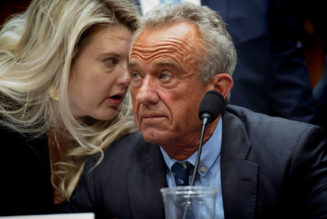
Revered as “Africa’s premier diva” by Time magazine, Angelique Kidjo has been instrumental in putting African music on the global stage.
The Beninese multiple award-winning singer drew inspiration from music legends Nigerian Afrobeat singer Fela Anikulapo Kuti, South African songbird Miriam Makeba and America’s James Brown and Stevie Wonder, among others.
And she has been keen to work with the younger crop of artists. Her African collaborations with artists like Burna Boy, Yemi Alade, Shungudzo and Mr Eazi, among others, are evidence that she wants continuity in the African sound.
The 63-year-old singer sings and speaks Fon, French, Yorùbá and English fluently.
She began performing with her mother’s theatre troupe at the age of six. Throughout her career her musical and performance foundation has remained deeply rooted in traditional African music and dance.
She grew up before the age of social media, which enabled her to be authentic with a traditional identity.
When there was criticism of her adjustments to make her music more globally appealing, Kidjo hit back: “Who are they to tell me what is African and what isn’t? Did they grow up in Benin and hear the music I heard? No? Then shut up!”
In 1983 she fled Benin to Paris to escape the repression of her music by the communist government of the time.
Kidjo survived political exile, abuse and racism, and this helped her to develop a tough skin.
She has also portrayed the culture through her outfits. She is famous for wearing Ankara African prints in almost all her public appearances.
The younger generation, especially female artists, could learn a lesson or two from a woman who understood her identity at an early age and resisted authoritative constraints. She has stayed resolute and decades later still remains very relevant.
Kidjo has influenced a lot of African artists like Nigerian Afropop singer Yemi Alade who have emulated her art.
It is only right to put the crown where it belongs and without any doubt to continue to see Kidjo as the true embodiment of Mama Africa.








